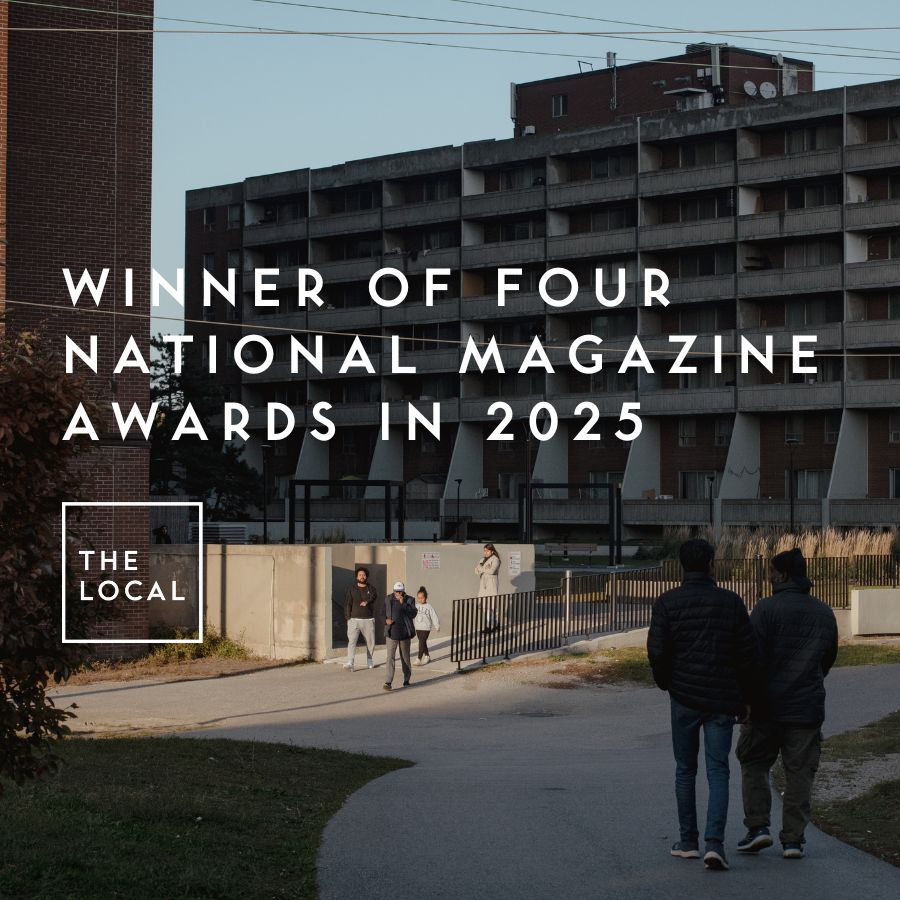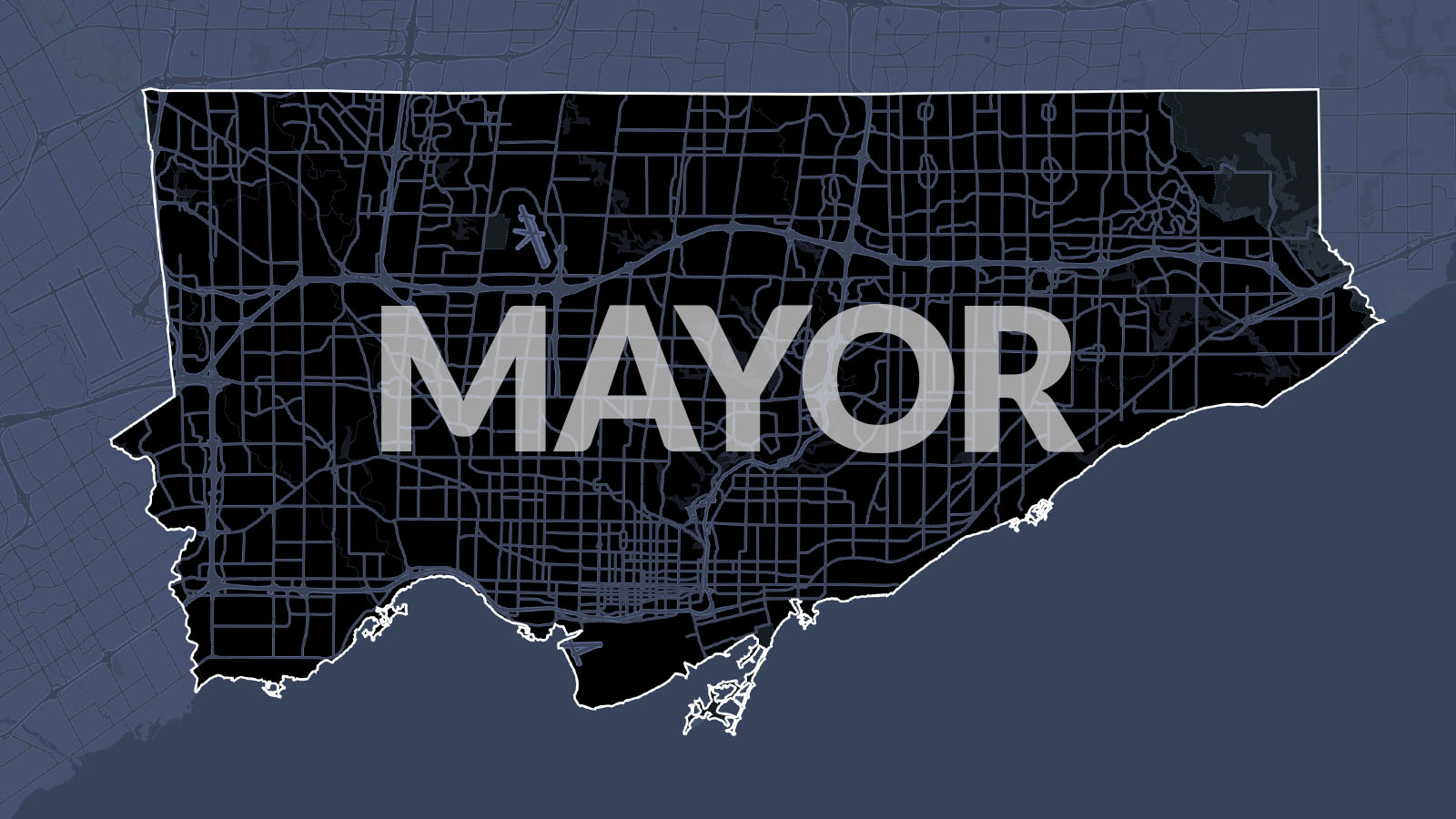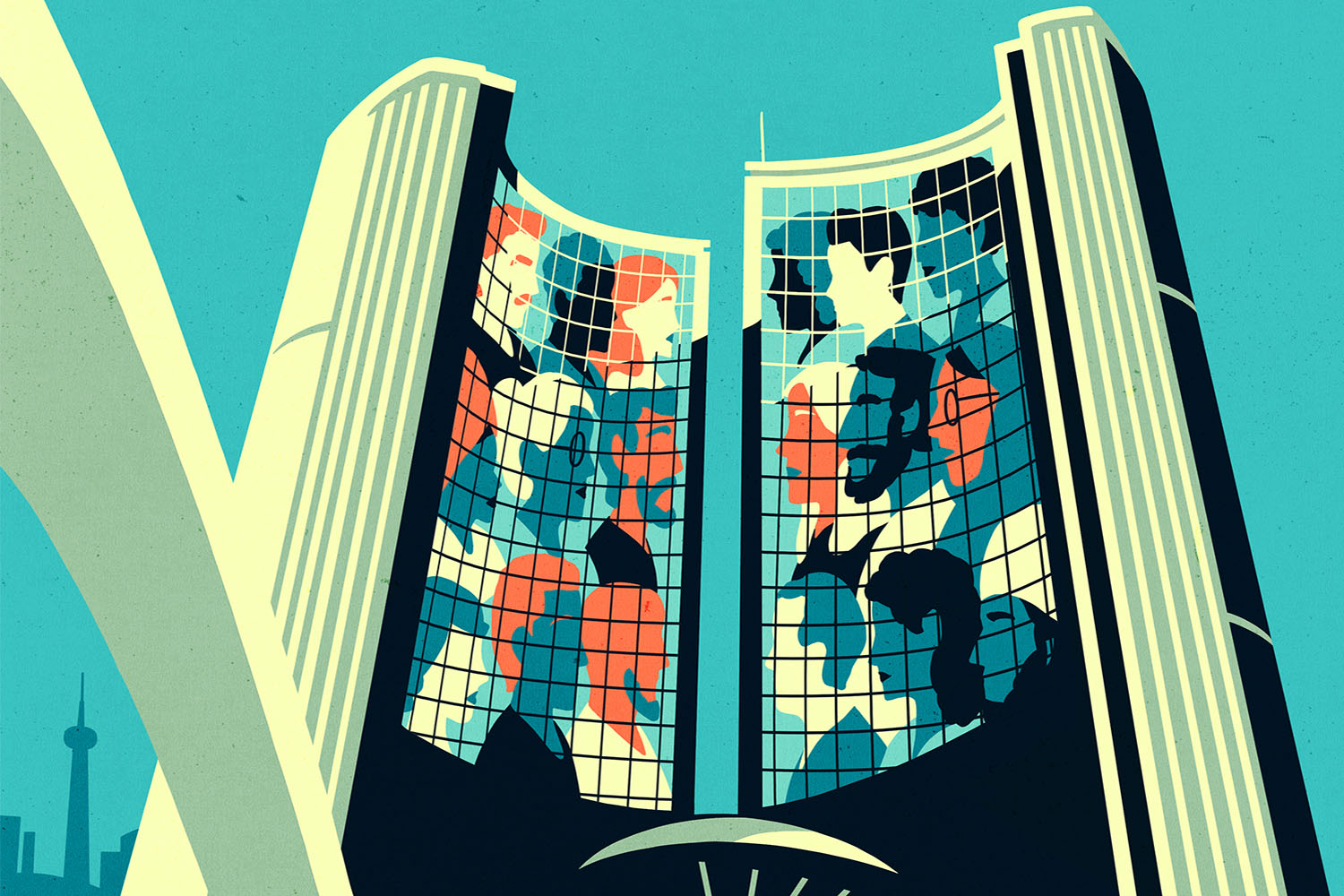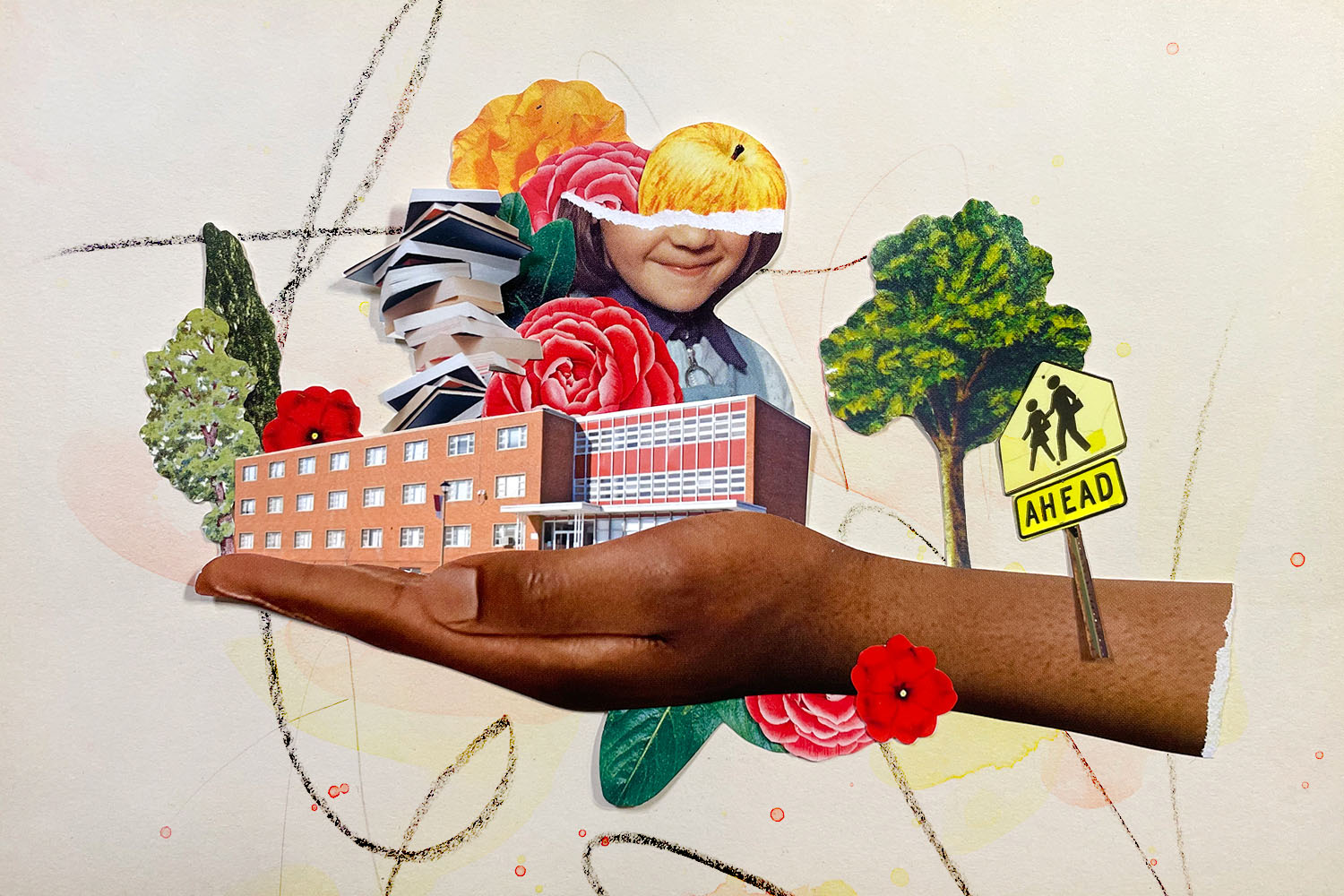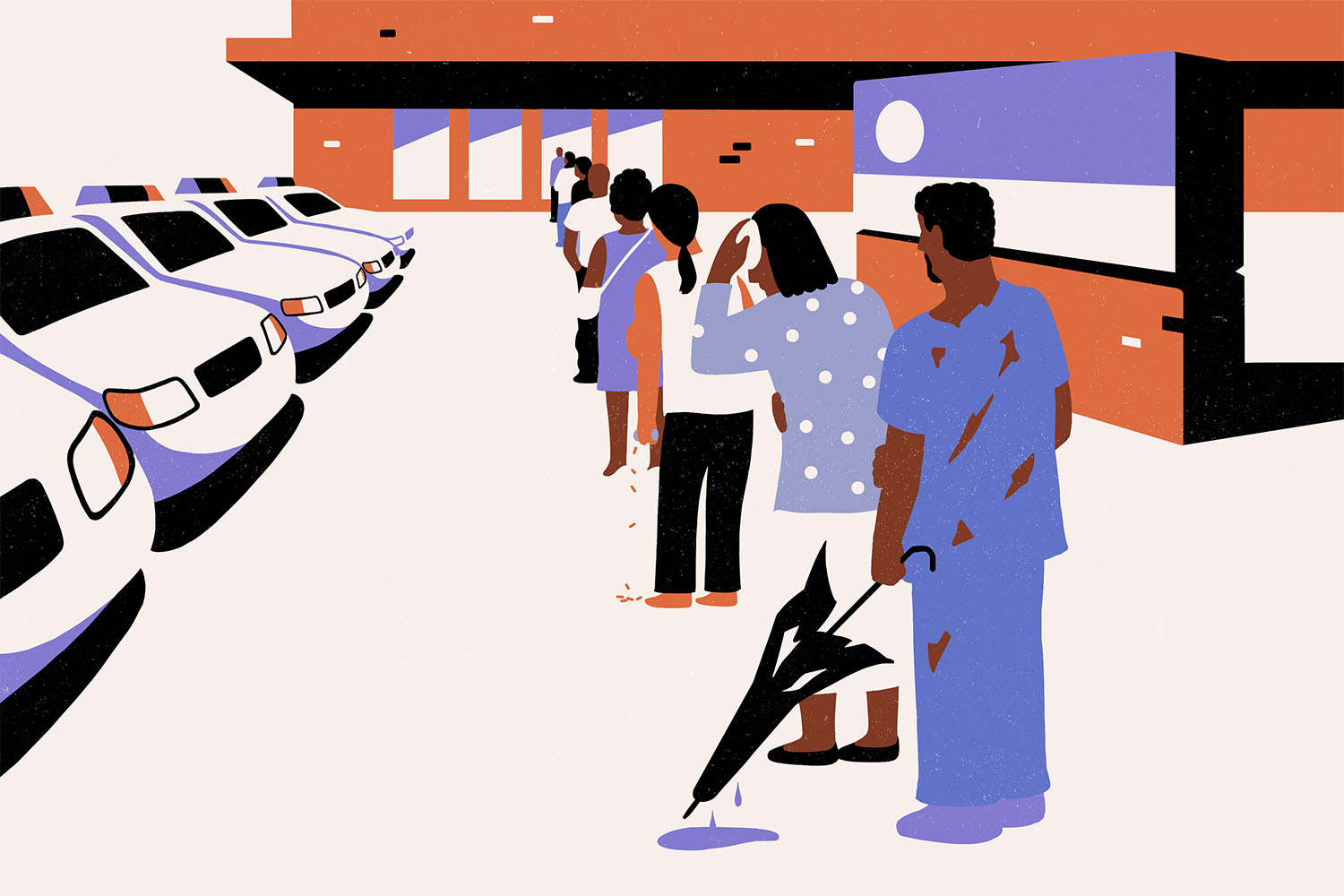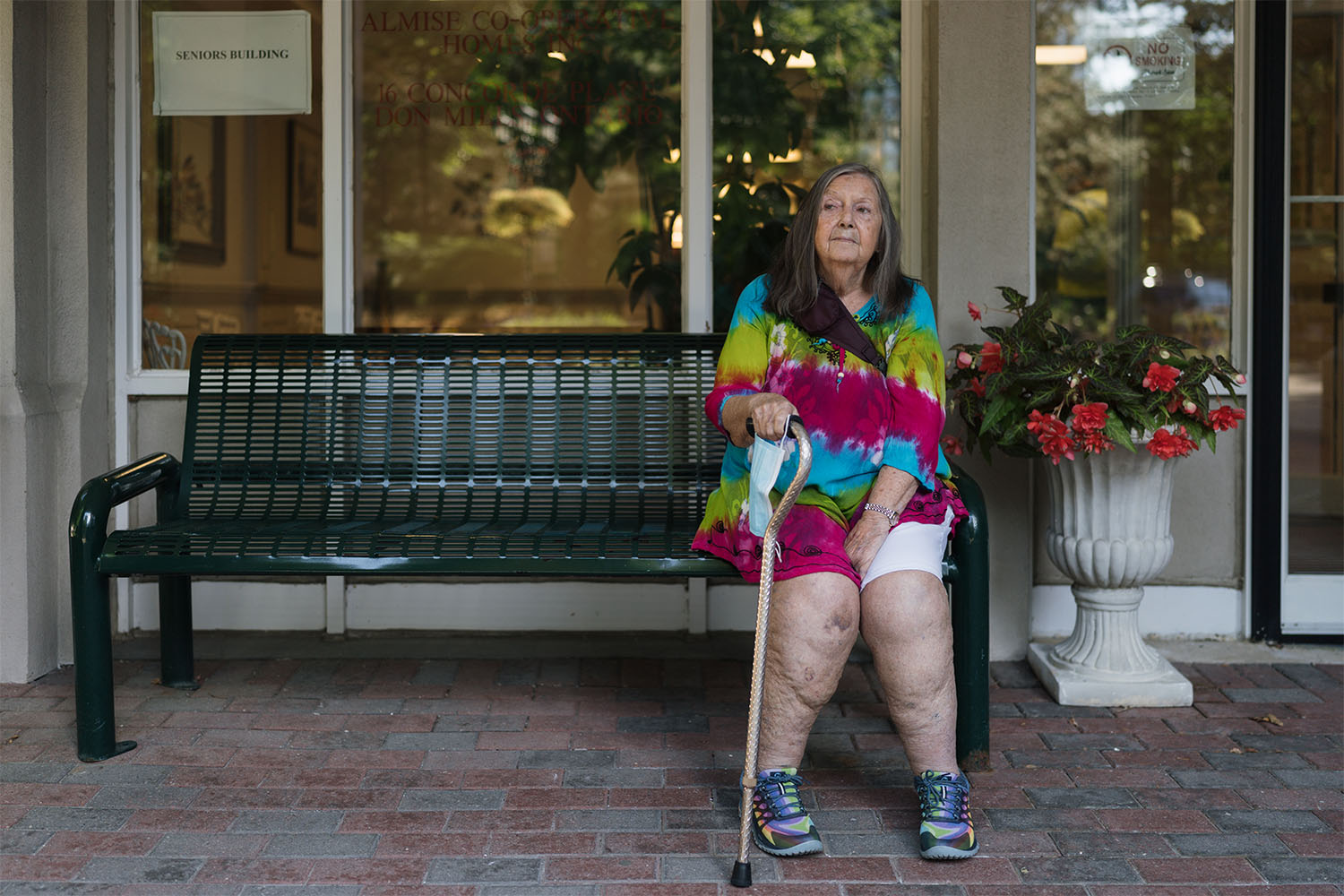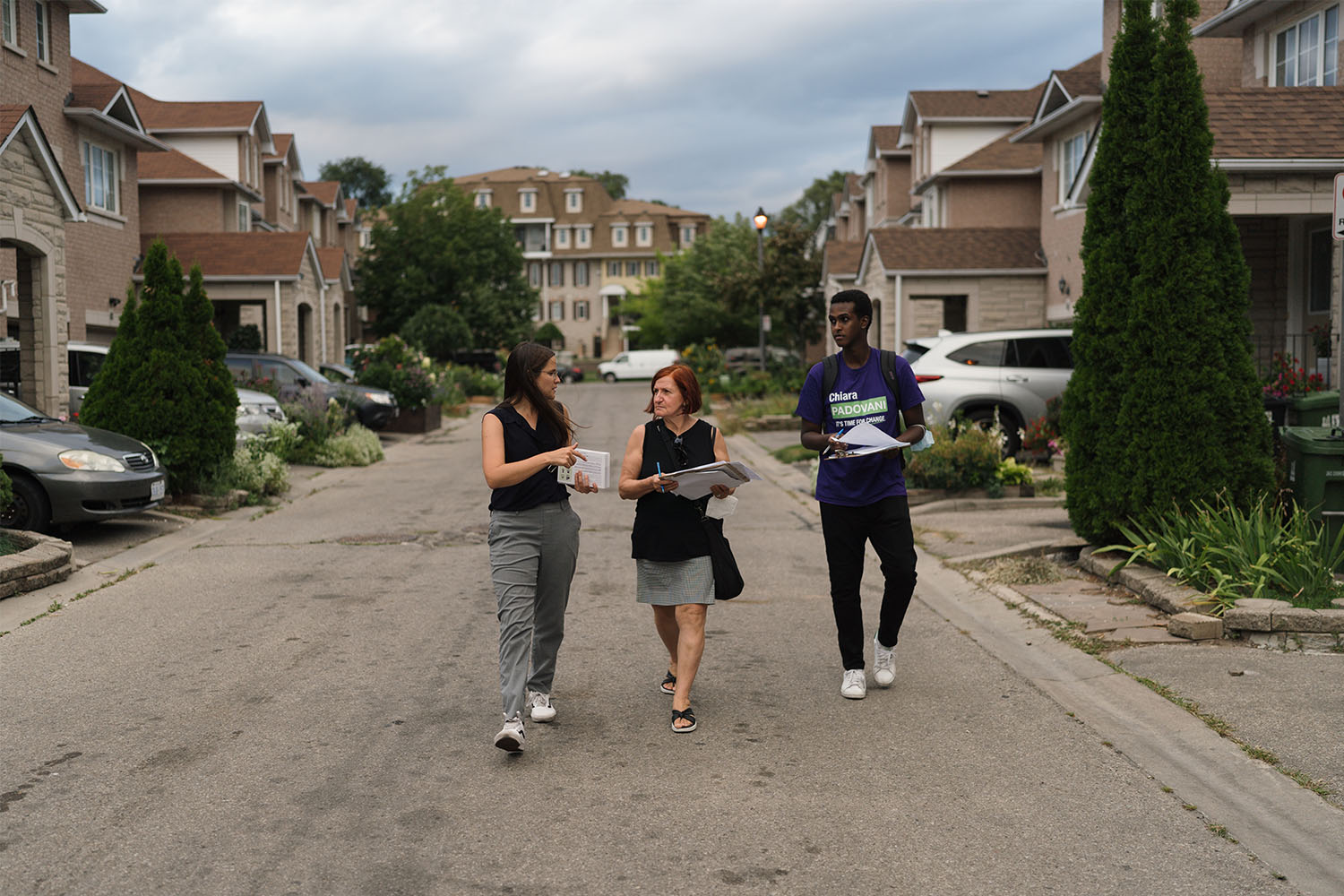On October 24, Torontonians will go to the polls once again. In the last municipal election, just 41 percent of eligible voters made it to the polls, and with June’s provincial election registering the highest no-show rate in Ontario’s history, turnout is expected to stay meagre this time around. There are a variety of possible reasons for this—uninspiring candidates, pandemic fatigue, election fatigue, or a mayoral race that, to many, feels like a foregone conclusion.
But the issues facing this city, from housing to policing to road safety, are as challenging as they’ve ever been. And with the Ford government’s recent “strong mayor” legislation—giving Toronto’s chief executive officer powers to develop and table the city’s annual budget, hire and fire senior city staff, appoint chairs and vice chairs of municipal bodies like the boards of health, police and public libraries, and crucially, override council decisions judged to be in conflict with provincial priorities—the stakes have never been higher.
Where the Candidates Stand
There are 31 candidates in the race to be Toronto’s first “strong mayor,” including incumbent John Tory, who has held office since 2014. His challengers range from serious contenders to ideologues with little to no experience in civic matters to those who probably paid the $200 entrance fee just for the thrill of seeing their name on the ballot. Regardless, all of their biographies, written and fact-checked by The Local’s team of journalists, can be found in the next section.
The matrix below provides a head-to-head comparison of where mayoral candidates stand on key issues. The Local combed through city council records to review all the decisions made over the last four years and identified a dozen votes that are the most telling on different issues: homelessness, transportation, housing, policing, taxes, and the environment. We then sent the challengers a survey asking them how they would have voted on those same 12 motions, adding the results to what we already know about how Tory voted.
Firstly, about half of the candidates participated, and they include all of the contenders involved in the only two mayoral debates (on October 13 and October 17) of this election—Gil Penalosa, Sarah Climenhaga, Chloe Brown, Stephen Punwasi, and Jack Yan—permitting a head-to-head comparison among them and against Tory.
Here Are the Takeaways
- Incumbent John Tory, whose priority of keeping taxes low is well-known, voted “No” to council considering a personal vehicle tax and to motions that would have hiked property taxes in order to fund city services; the voting records also show Tory’s pro-policing stance, favouring more funding for the force and rejecting the call for a judicial inquiry into encampment clearings.
- Gil Penalosa, arguably the frontrunner among Tory’s challengers, took progressive stances on a number of issues, often in opposition to the mayor; Penalosa’s platform includes an expanded rapid transit network, more affordable housing on public lands, re-designing Toronto’s most dangerous intersections to improve road safety, and better access to parks—all of which will require sizable public investments. And yet, he did not vote for a vehicle tax or significant increases in property tax—he informed The Local that his proposals would be financed through a reallocation of funds from the Gardiner Expressway and Toronto police budgets, and additional measures as necessary.
- In contrast to Tory, Sarah Climenhaga, Chloe Brown and Stephen Punwasi voted down the motion to hike the police budget to combat gun violence, while Climenhaga and Punwasi voted with Tory in opposing a property tax hike by an additional 2 percent, as did most of the candidates.
- While Climenhaga voted “Yes” to cutting the police budget to pay for rent supplements and “No” to hiking property taxes by an additional 2 percent, she questioned the polarizing nature of these council votes: “Why pit police and social services against each other, rather than looking at spending on crime prevention in a more holistic way that brings police and social services together? And why not work with residents on ways to fund important services like the TTC without burdening them with high property taxes?”
- Chloe Brown, who didn’t vote on the motions calling for additional property tax increases and a judicial inquiry into encampment clearings, clarified her positions as follows: “I would use a land value tax to reassess property taxes for funding affordable housing and accessibility enhancements to the roads. In place of a judicial inquiry, I would continue to fund shelter and social support services through “detask” the police of their responsibility to respond to non-violent offences.”
- Jack Yan, whose platform includes plans to eliminate TTC fares, voted “No” to the motion to hike property tax to fund a TTC fare freeze. He clarified his position as follows: “I actually want a free TTC, but I do not believe that this is the right proposal, therefore I vote against it.” Yan’s platform says his free TTC plan will be funded through a reduction in “government waste” including slashing the Shelter, Support and Housing Administration (SSHA) budget by $759 million.
_____
Correction: September 30 — A previous version of this site incorrectly identified Cory Deville as a model, as Deville’s Instagram photos were tagged with #torontomodel #malemodel. In an email to The Local, Deville indicated that they do not work in modelling.
Information in Candidate Tracker was compiled and written by The Local’s team of journalists and fact checkers. City council candidates were emailed a questionnaire asking for information about their history, experience, and plans. They were also surveyed about their stances on twelve key votes that took place in the 2018-22 council term. Not all candidates were reachable or responded. The Local also conducted its own research to independently source and verify information about each city council and school trustee candidate. If you’re a candidate whose information is not here, please email us at elections@thelocal.to. Last updated: October 15, 2022.
Contributors: Inori Roy, Ann Marie Elpa, Nikky Manfredi, Danielle Orr, H.G. Watson, Emma Buchanan, Dhriti Gupta, Zeahaa Rehman, Neville Park, Nicholas Hune-Brown, Tai Huynh, Craig Madho, Steve Combes, and Lia Mattacchione.
